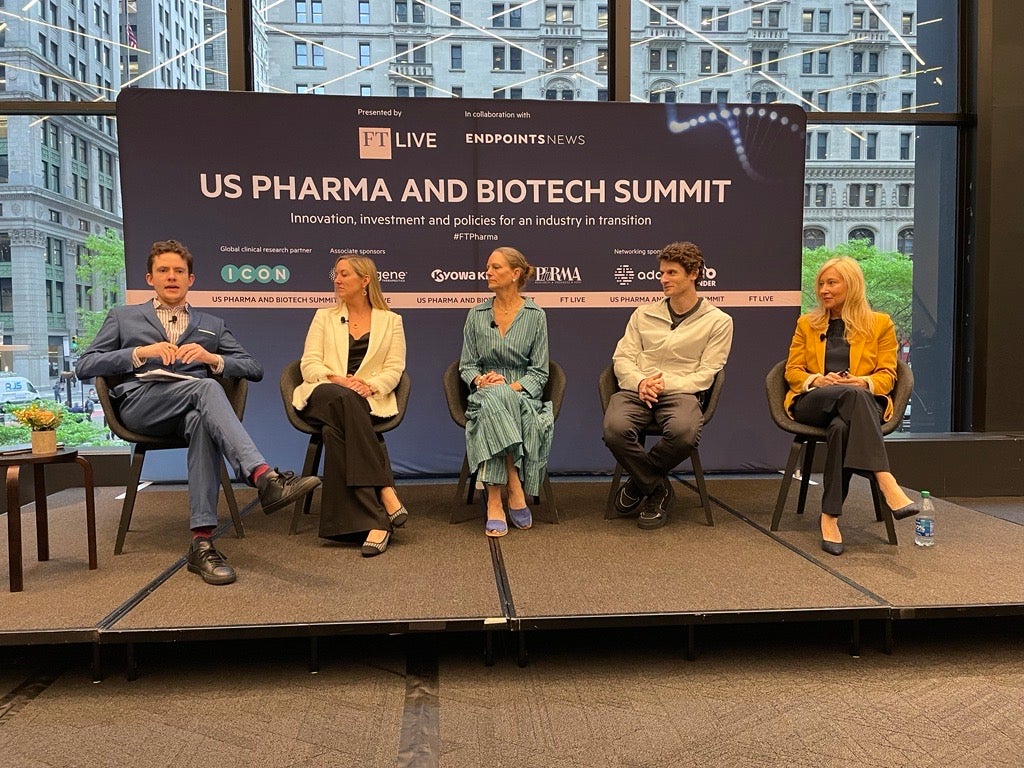In an evolving ecosystem between patients, the pharma industry, insurers, and payers who all dictate how each party connects with the other, patients have taken up an increasingly autonomous role to have more control over their health, said experts at the recent Financial Times Live US Pharma and Biotech Summit.
Patients taking control of their health has been a “simmering” trend for a while, said Eden Wells, chief Insights and Decision Science officer at Novartis. In line with that, companies like Eli Lilly are creating methods of delivery that align with patient wants. Lilly launched LillyDirect, its direct-to-consumer distribution network for patients with diabetes, obesity and migraines, in January 2024 and recently partnered with US e-commerce giant Amazon to strengthen medicine distribution. According to GlobalData analysts, the partnership is set to boost Lilly’s presence in diabetes and obesity markets.
The pharma sector wants to put patients first and solve their medical needs, said Amy West, Head of US Digital Transformation and Innovation at Novo Nordisk. But with the focus on the value chain from discovery to commercialisation, the emphasis on patient need, accessibility, and experience often gets lost along the way, she added.
Drug shortages are solvable over a given period of time, but what the ecosystem has not yet been able to solve is the care delivery shortage, said CEO and co-founder of the online pharmacy chain Ro, Zachariah Reitano. “High quality care is a handmade luxury good. And right now, our healthcare system really tries to scale it beforehand, which has never worked,” he elaborated.
While discussing the ideal healthcare experience, time is the “most sacred” resource, Reitano said. The issue is that the system is not “obsessed” with addressing the concern of time and improving it as a resource.
West said patients want an “Amazon experience” for their healthcare: ease of use, access to doctors, medications, and the tools to achieve their health goals. They shouldn't have to care about the pharma ecosystem to obtain their medications because it is pharma’s responsibility to ensure that patients receive said medication, added Wells.
The worse the access issue gets in a healthcare system, the more patients will seek direct to consumer models that provide easy access to the medications and services they seek, Reitano said. And it is a good sign that the pharma industry is now interested in facilitating the patient experience and investing in the digital and telehealth space that address those patient needs, he added.









